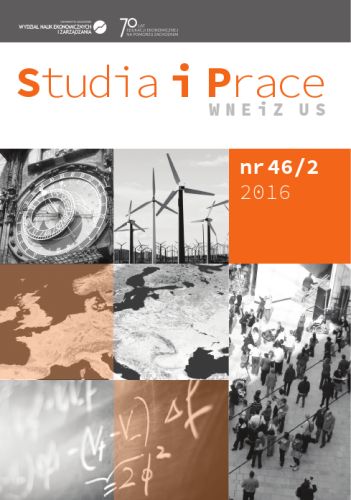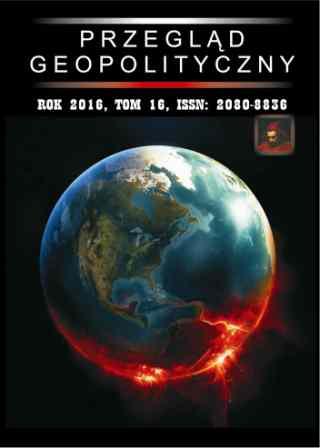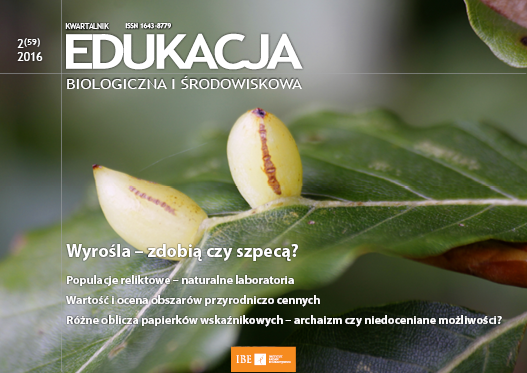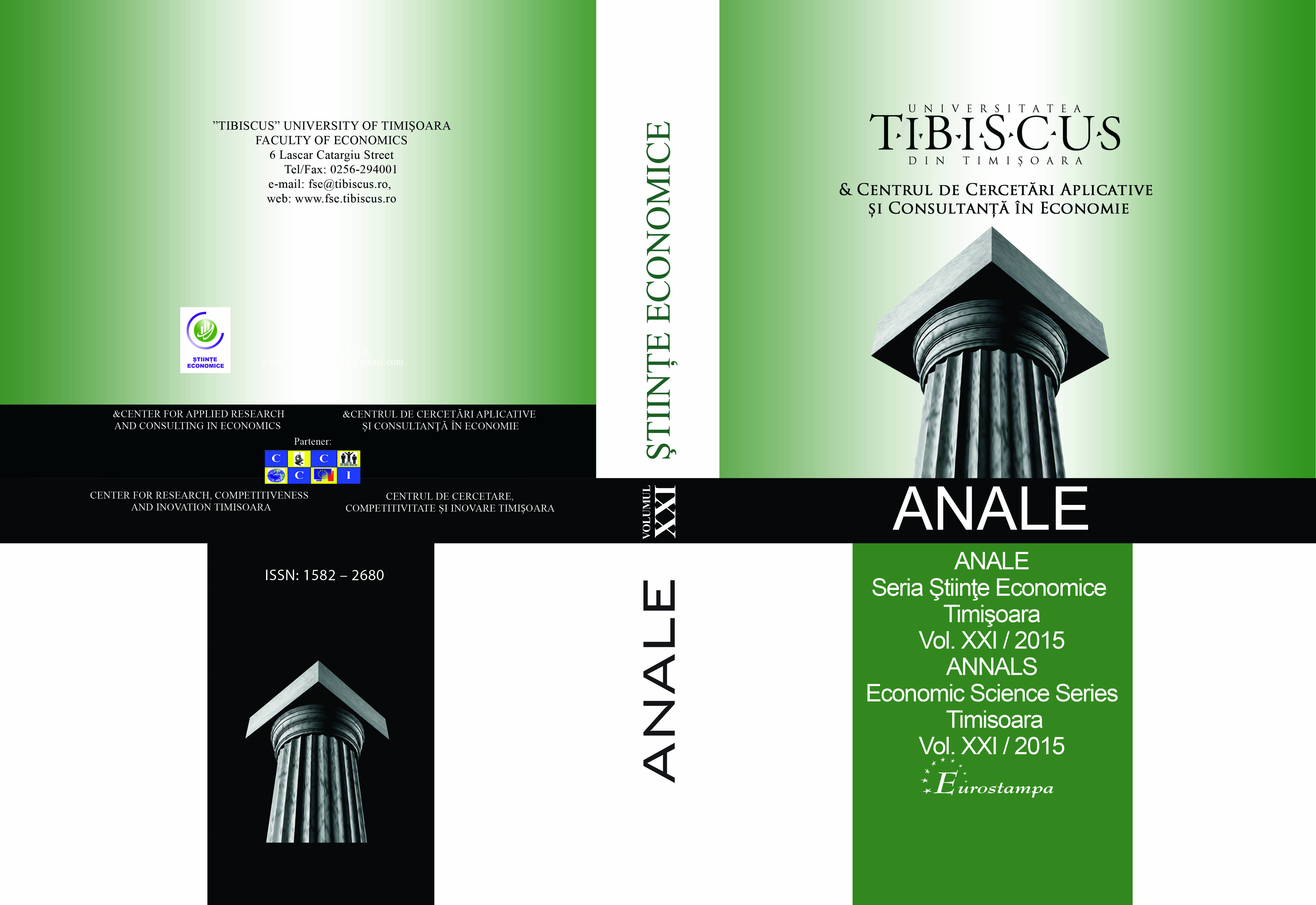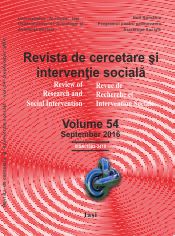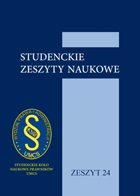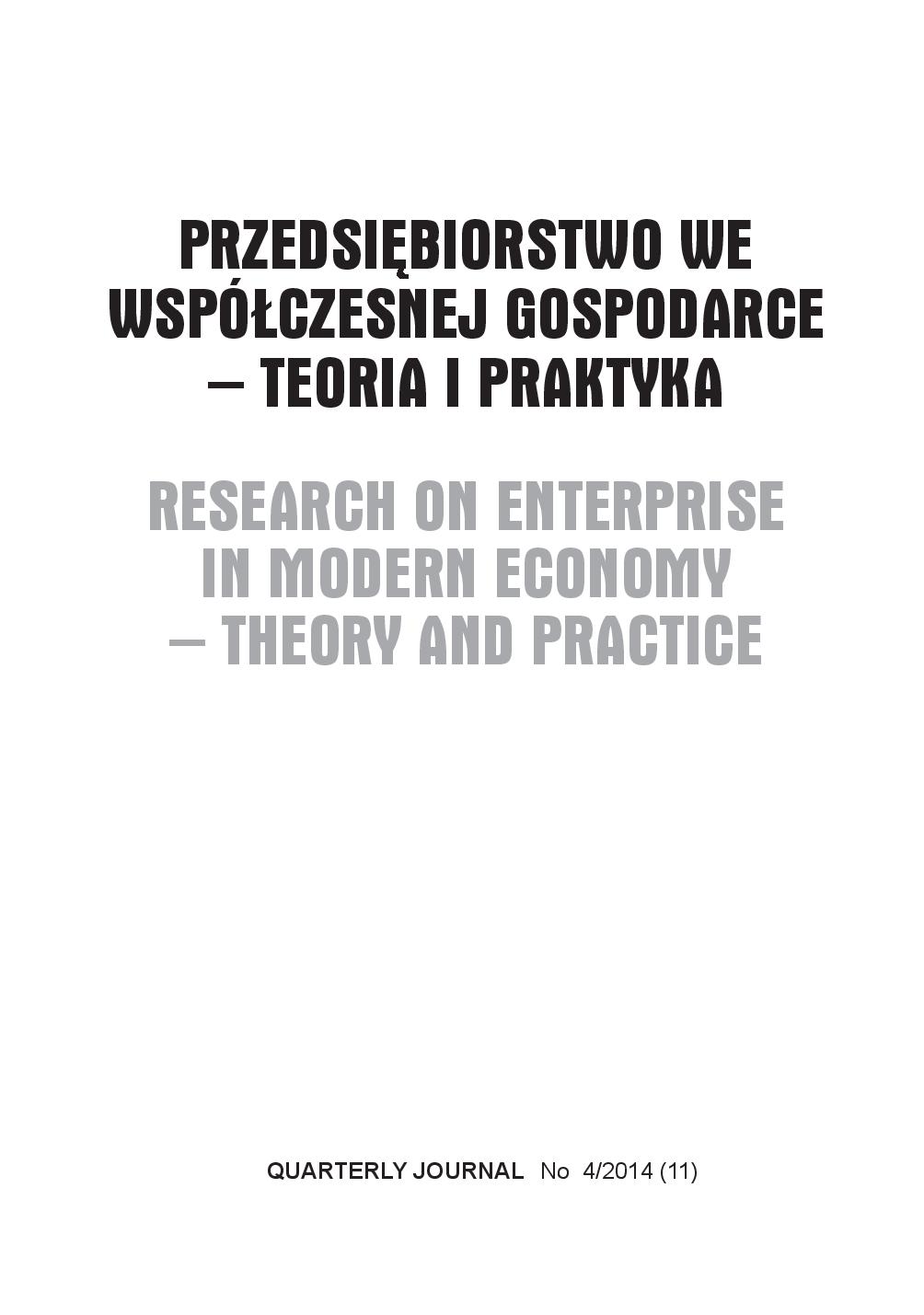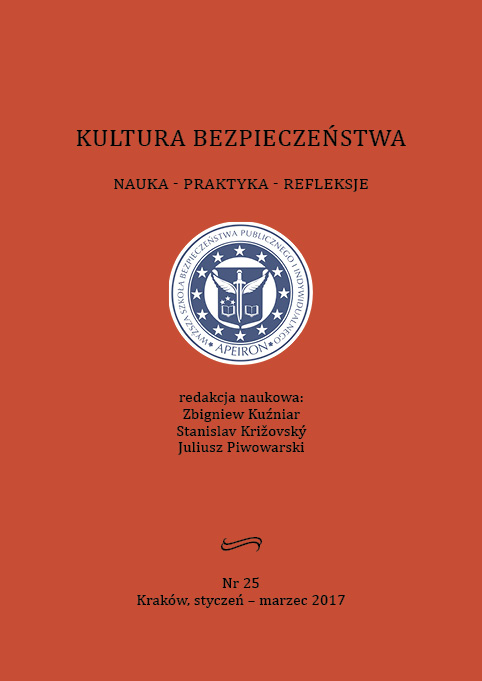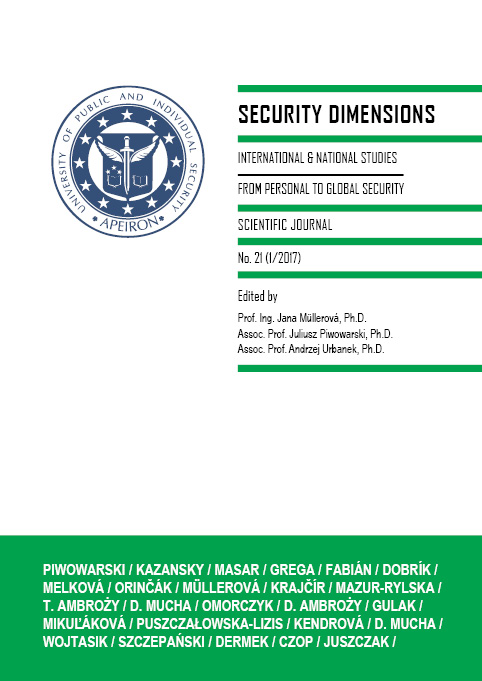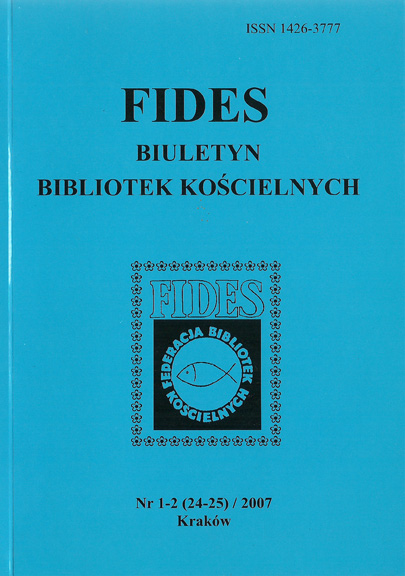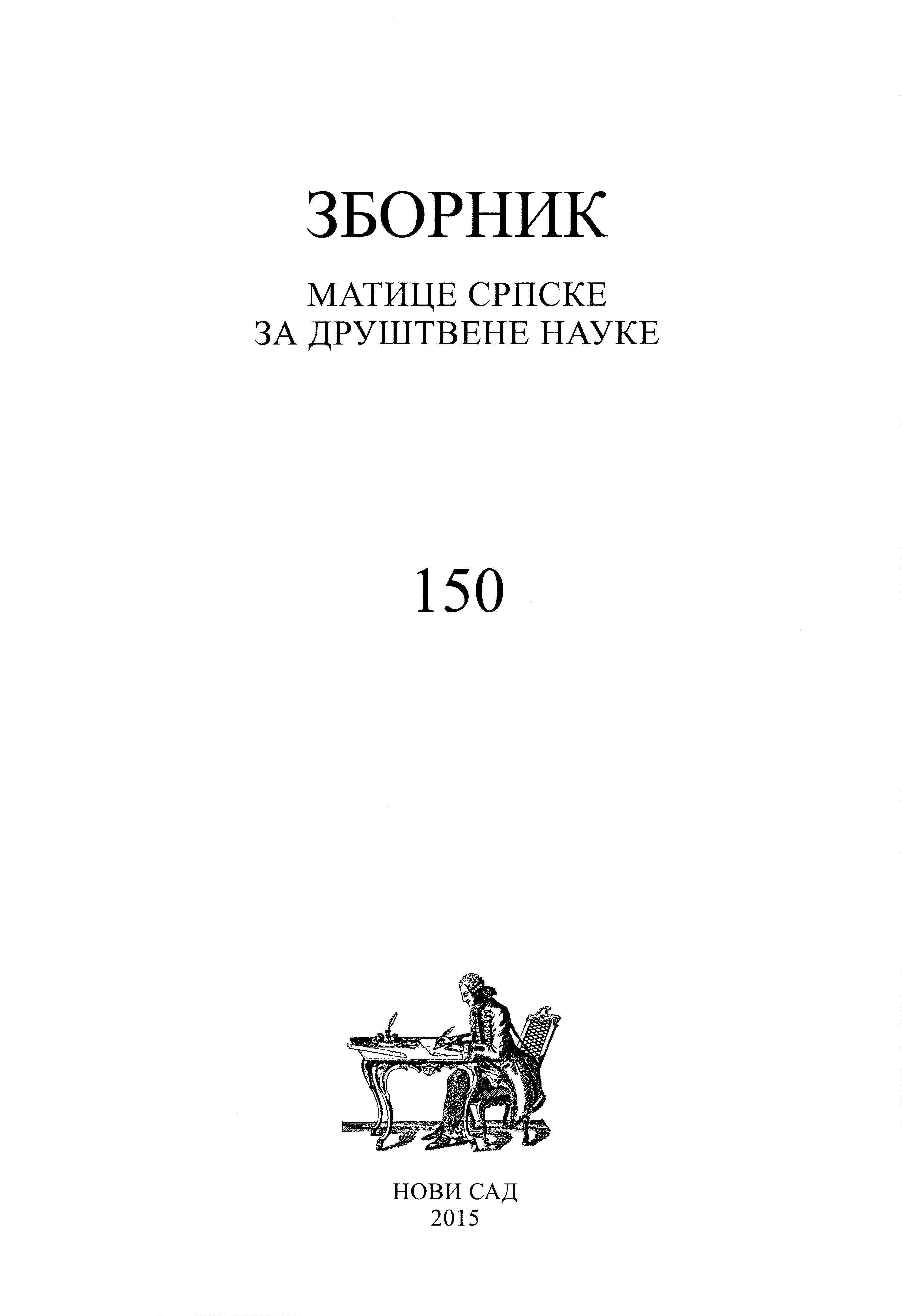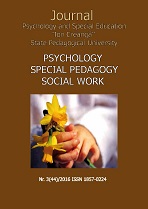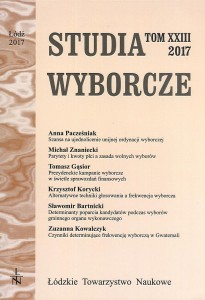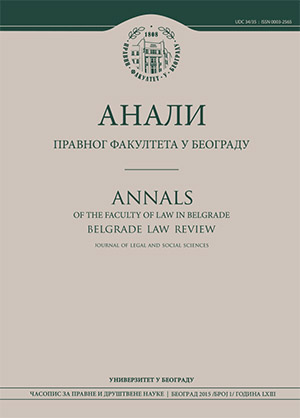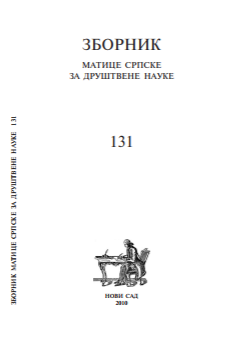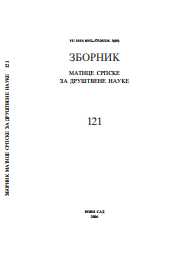Author(s): Olica Radovanović,Miodrag Todorović / Language(s): Serbian
Issue: 121/2006
One of the oldest populated areas in East Serbia is Budžak. There is an assumption and archeological finds that people had lived in Budžak already during the bronze age (1400-800 years BC). Turbulent historical, cultural and economic factors brought changes to the demographic picture of this area. From the end of the 19th century (1879) till the beginning of the 21st century, the population decreased for more than 3 times, and the number of members per household for 5 times. Faced with harsh conditions of mountain life and lack of perspective, the population intensively emigrated to the lowland areas around the Beli Timok river and to the surrounding towns. For slightly more than half a century (from 1948 to 2002), the population of Budžak deceased for 84,32%, and the number of households for 39,04% with the basic index from –80 to –90, only in Kalna about –60. This decrease also caused the decline in the average number of members in one household from 5,26 in 1948 to 1,35 in 2002. In 6 of 14 settlements, there was not a single birth in the period from 1999 to 2003. Annually, 3–4 children are born, and more than 70 inhabitants dies. Today, the rural population of the Knjaževac Municipality is very old and in the phase of the deepest demographic old age (average age is 47,3 years). In the Budžak area, few settlements have the average population younger than 60 years. Judging by the long-term trend of birthrate decrease and the accelerated ageing of the population from this area, the question has to be asked: in 30–50 years in Stara Planina Mountain, in the Budžak area, would there be human life at all, or there would remain historical monuments as the evidence that generations and generations of people had lived there and had their culture and customs.
More...
